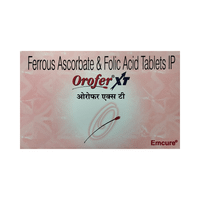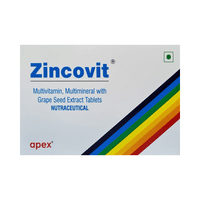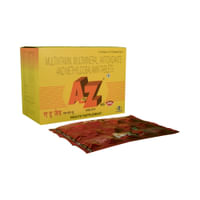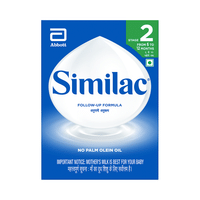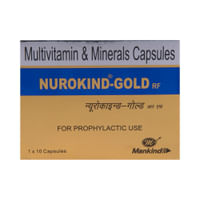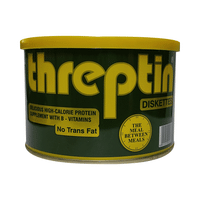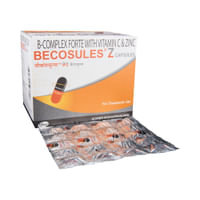Taklin Eye Drop
Rs.67.90for 1 bottle(s) (10 ml Eye Drop each)
Composition FOR Taklin
Calcium Chloride(1% w/v),Potassium Chloride(3.3% w/v),Sodium Chloride(0.83% w/v)food interaction for Taklin
alcohol interaction for Taklin
pregnancy interaction for Taklin
lactation interaction for Taklin
food
alcohol
pregnancy
lactation
No interaction found/established
No interaction found/established
Taklin Eye Drop may be unsafe to use during pregnancy. Although there are limited studies in humans, animal studies have shown harmful effects on the developing baby. Your doctor will weigh the benefits and any potential risks before prescribing it to you. Please consult your doctor.
CONSULT YOUR DOCTOR
Information regarding the use of Taklin Eye Drop during breastfeeding is not available. Please consult your doctor.
CONSULT YOUR DOCTOR
SALT INFORMATION FOR Taklin
Calcium Chloride(1% w/v)
Uses
Calcium Chloride is used in the treatment of nutritional deficiencies.
How it works
Calcium Chloride provides essential nutrients.
Common side effects
Erythema (skin redness), Increased calcium level in blood, Decreased magnesium level in blood, Decreased phosphate level in blood, Decreased blood pressure, Tissue necrosis, Dryness in mouth, Nausea
Potassium Chloride(3.3% w/v)
Uses
Potassium Chloride is used in the treatment of potassium deficiency.
How it works
Potassium Chloride works by raising potassium levels in your blood.
Common side effects
Injection site reactions (pain, swelling, redness), Diarrhea, Muscle paralysis, Nausea, Vomiting, Flatulence, Abdominal pain, Fatigue, Febrile response, Inflammation of vein, Extravasation, Fluid overload, Increased potassium level in blood, Atrioventricular block, Slow heart rate, Arrhythmia (irregular heartbeats), Cardiac arrest
Sodium Chloride(0.83% w/v)
Uses
Sodium Chloride is used in short term fluid replacement after trauma and dehydration.
How it works
Sodium Chloride is a purified salt solution which works by replenishing salt and electrolyte levels in the body.
Common side effects
Increased sodium level in blood, Decreased sodium level in blood, Injection site reaction, Fluid overload, Febrile response, Extravasation, Hypotension (low blood pressure), Decreased potassium level in blood, Sodium retention, Edema (swelling), Hyperchloremic metabolic acidosis
SUBSTITUTES FOR Taklin
1 Substitutes
1 Substitutes
Sorted By
 Rs. 55save 22% more per ml of Eye Drop
Rs. 55save 22% more per ml of Eye Drop
Frequently asked questions FOR Taklin
Calcium Chloride
Q. Is Calcium Chloride good for health?
When your body has a calcium deficiency, it fulfills that need by using the calcium present in your bones, thereby weakening them. Calcium Chloride prevents this weakening of bones by supplementing your body with the amount of calcium it needs to keep the bones strong and prevent any bone disorders.
Q. When should you not use Calcium Chloride?
This medicine should not be given if you already have high calcium levels in your blood. Your doctor will advise you to get a blood test done before starting your treatment with Calcium Chloride.
Q. What if you are given Calcium Chloride in excess?
As this medicine will be given to you in a hospital, it is unlikely that you will be given in excess. However, if you think you have been given too much of this medicine, please tell your doctor or nurse. The signs of an overdose may be reduced appetite, feeling sick, being sick, constipation, muscle weakness, mental disturbances, feeling thirsty, urinating a lot. In severe cases, it could lead to your heart not beating properly and could be even fatal.
Potassium Chloride
Q. Is potassium chloride a strong electrolyte?
Potassium chloride is a strong electrolyte
Q. Is potassium chloride safe?
Potassium chloride is safe if used as recommended
Q. Is potassium chloride a base?
Potassium chloride is not a base or acid, it is neutral with a PH value of 7.














